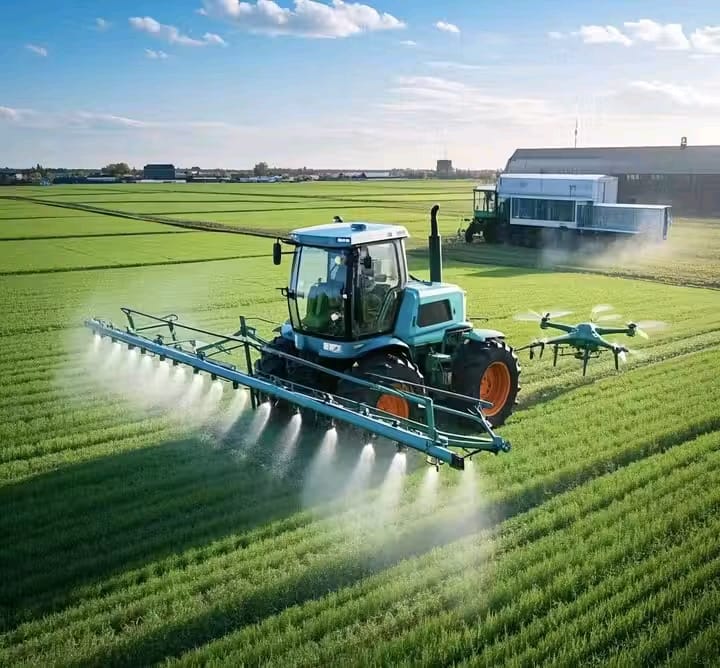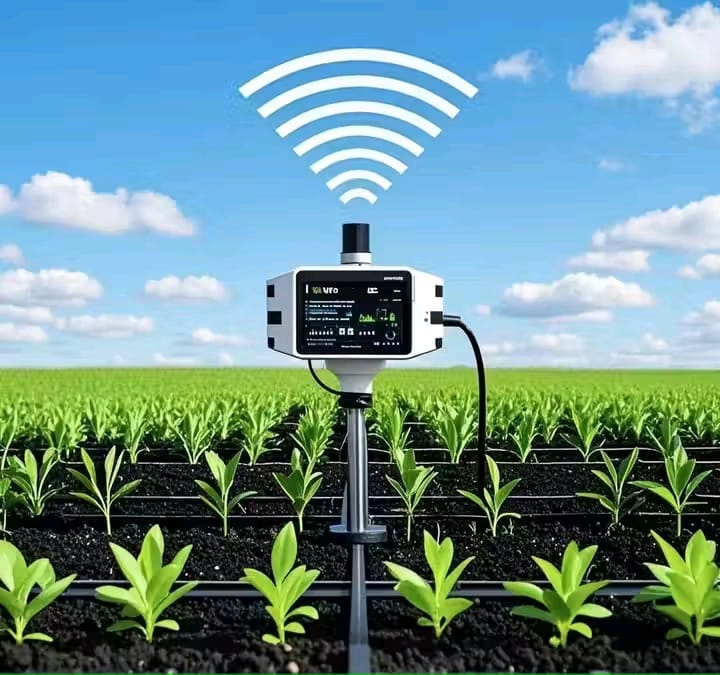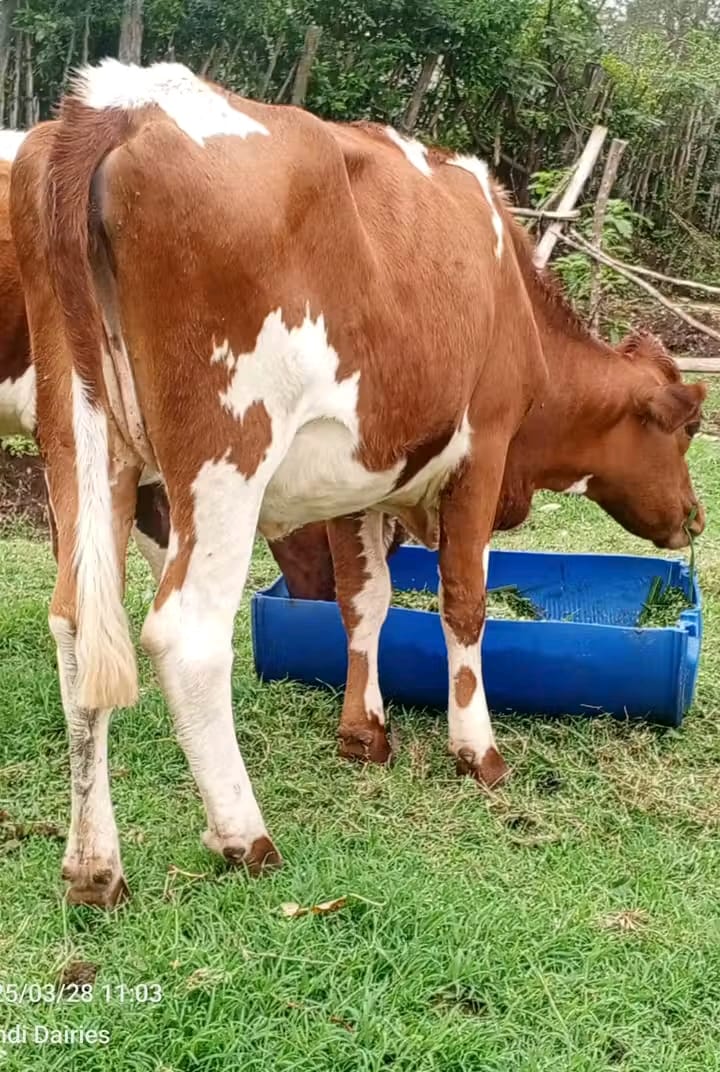Welcome to Wazalendo Technical Training Institute .
Background: Wazalendo Agricultural Technical College (WATC) is a pioneering institution dedicated to providing high-quality, practical education in the field of agriculture and rural development. Founded with the vision of empowering the next generation of agricultural leaders, WATC aims to bridge the gap between theoretical knowledge and hands-on experience in farming, livestock management, and sustainable agricultural practices. The college is committed to producing skilled professionals who will drive innovation, sustainability, and food security in the agricultural sector.
Located in the heart of a vibrant agricultural community, WATC offers state-of-the-art training facilities, modern farming equipment, and a curriculum designed to meet the dynamic needs of the global agricultural industry. Students at Wazalendo Agricultural Technical College are not just educated—they are prepared to tackle real-world challenges and contribute to agricultural development both locally and globally.
Vision:
To become a leading institution in agricultural education, producing innovative, skilled, and ethical professionals who will contribute to the sustainable growth and development of the agricultural sector globally.
Mission:
Our mission is to provide accessible, high-quality, and practical agricultural education that equips students with the necessary skills, knowledge, and experience to become leaders in the agricultural industry. Through a commitment to hands-on learning, research, and sustainable practices, WATC aims to transform the agricultural landscape by fostering a new generation of professionals focused on food security, environmental sustainability, and rural development.
Courses Offered:
1. Diploma in Animal Production and Management
This course provides students with knowledge in livestock management, animal breeding, nutrition, disease control, and welfare. Students gain practical skills in managing farms and ranches, optimizing production systems, and promoting sustainable practices.
2. Diploma in Crop Science and Management
Focused on modern crop farming techniques, this course covers crop nutrition, pest management, irrigation systems, soil fertility, and the use of biotechnology in crop production. Students learn how to manage crops effectively for food security and market sustainability.
3. Diploma in Agricultural Engineering
This program blends technical knowledge with practical skills to equip students with the ability to operate, maintain, and repair agricultural machinery and equipment. Topics include irrigation systems, farm machinery, renewable energy solutions for farming, and post-harvest technology.
4. Diploma in Agricultural Economics and Business
Students in this course gain skills in managing the economics of agriculture, focusing on farm management, agricultural marketing, finance, policy, and the global agricultural market. The course provides students with the tools to become agricultural entrepreneurs or professionals working with agricultural organizations.
5. Diploma in Sustainable Agriculture
This course is designed for those who want to focus on the future of agriculture, emphasizing organic farming, conservation practices, and sustainable resource management. Students will study how to use farming methods that reduce environmental impact while increasing productivity.
6. Certificate in Agricultural Extension Services
Aimed at those wishing to work in rural development and community services, this program provides knowledge on how to advise and support farmers in adopting modern farming practices, improving productivity, and ensuring sustainable agricultural growth in rural communities.
7. Certificate in Poultry Farming
Specializing in the poultry sector, this course covers the principles of poultry management, including breeding, feeding, disease control, and egg and meat production. It also includes topics on business management and marketing for small and large poultry operations.
8. Certificate in Horticulture and Landscaping
This course covers the production and management of fruits, vegetables, flowers, and ornamental plants. Students learn about soil management, plant care, greenhouse operations, pest control, and landscaping for both domestic and commercial use.
Core Values:
-
Innovation: We encourage creative problem-solving and the application of modern technology to improve agricultural practices.
-
Sustainability: We prioritize the preservation of natural resources and environmental responsibility in all aspects of agricultural practice.
-
Excellence: We strive for the highest standards of education, training, and service to prepare students for leadership roles in agriculture.
-
Integrity: We are committed to fostering a culture of ethics, honesty, and accountability within the college community.
-
Community Engagement: We work closely with local communities, government agencies, and agricultural stakeholders to promote sustainable development.
Why Choose Wazalendo Agricultural Technical College?
-
Hands-On Training: Our students engage in practical farm work, using the latest agricultural technologies and equipment, ensuring that they are job-ready upon graduation.
-
Experienced Faculty: Our instructors are experienced professionals with real-world knowledge and a passion for agriculture.
-
State-of-the-Art Facilities: The college is equipped with modern classrooms, laboratories, and an on-campus farm for practical training.
-
Industry Partnerships: We have established strong links with agricultural businesses, government bodies, and non-governmental organizations to provide internships and employment opportunities for our students.
-
Focus on Sustainability: We are committed to teaching sustainable agricultural practices that balance productivity with environmental stewardship.
Enrollment Information:
Wazalendo Agricultural Technical College is open for enrollment every academic year. Prospective students can apply through the college’s website or visit the admissions office on campus. Scholarships and financial aid options are available for qualified students.


